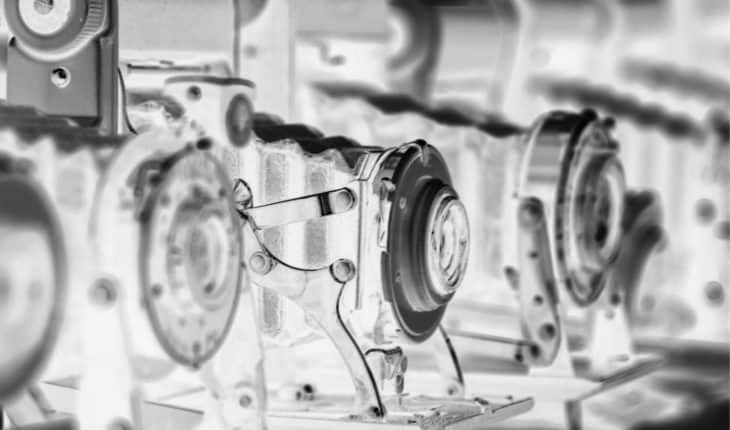A flash future of X-ray technology could come from a digital camera: A Curtin University researcher will work with an international team to develop a new technology that will aim to take x-rays using a standard digital camera.
The project, one of eight that successfully secured funding from the Hebrew University of Jerusalem (HUJI) – Zelman Cowen Academic Initiatives (ZCAI), Australia out of 69 applications this year, would focus on developing X-ray detectors from metal halide perovskite materials, a type of cheaper semiconductor compound that serves as a visualisation tool for X-ray radiography.
Associate Professor Guohua Jia, from Curtin’s School of Molecular and Life Sciences, said X-ray detectors based on metal halide perovskites are highly sensitive, enabling a very low detection limit, meaning they could lower medical expenses and reduce the risk of radiation to patients.
“X-ray detection is widely used in medical diagnoses and the non-destructive inspection of luggage and industrial products at airports and other custom entry points,” Dr Jia said. “This modern X-ray imaging uses scintillator materials such as caesium iodide and gadolinium oxysulfide as photodetectors to convert the high-energy X-rays into visible light. The problem with this is that these materials are made of very expensive crystals grown at high temperatures, and they usually show low radioluminescence conversion efficiency.”
Dr Jia said the team would investigate the use of a cheaper metal halide perovskite material made in solution at low temperatures, which is highly sensitive to X-ray irradiation, to fabricate X-ray detectors.
“Based on these materials, we believe we should be able to detect small doses of X-ray photons, converting them into visible light,” Dr Jia said.
“The associated image can then be recorded using a low-cost, widely accessible digital camera.” Associate Professor Zongyou Yin from Australian National University and Dr Ido Hadar from the Hebrew
University of Jerusalem will work with Dr Jia on this project.
The competitive funding scheme supports quality research in science, including medical science, and fosters international collaborations between Australian universities and the Hebrew University of Jerusalem, Israel.
The project has been funded for two years, starting in February 2022, with the support of AUD$150,000 for both parties (AUS and HUJI) each year.
For more information about the Hebrew University of Jerusalem, click here.
- Gut microbiome could delay onset of type 1 diabetes - 3rd April 2025
- The da Vinci 5 Robot Is Set To Transform Bariatric Care: - 31st March 2025
- Beyond money: the hidden drivers fuelling child food insecurity - 31st March 2025






